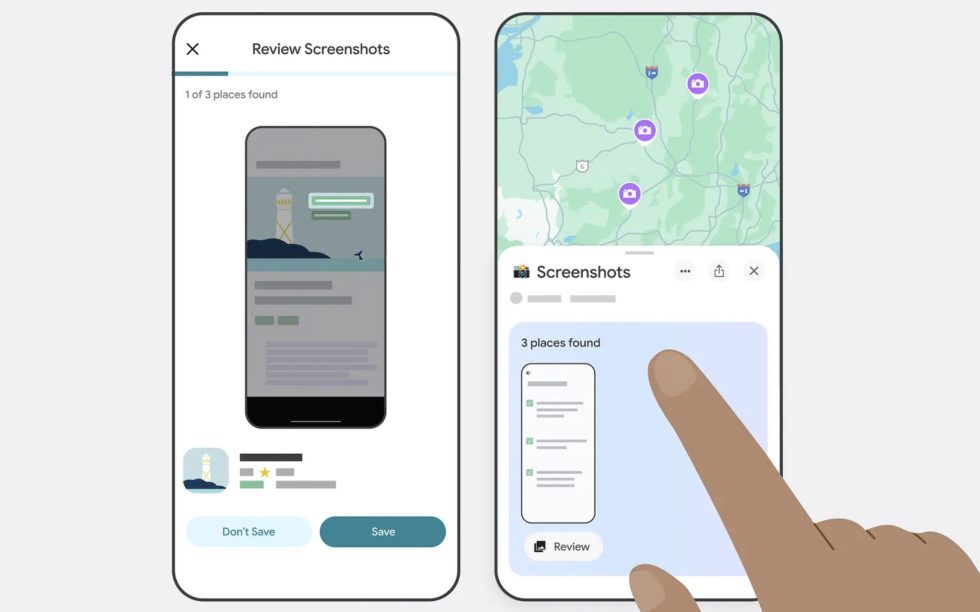day-40: Conditional Statements in Java
Conditional statements allow you to control the flow of your program based on different conditions. Java supports the following types: 1). if statement 2). if-else statement 3). if-else-if ladder 4). Nested if 5). switch-case statement *1). if Statement * Executes a block of code only if the condition is true. Syntax if (condition) { // Code to execute if condition is true } Example int age = 18; if (age >= 18) { System.out.println("You are an adult."); } Output: You are an adult. *2). if-else Statement * Executes one block if the condition is true, and another if false. Syntax if (condition) { // Code if true } else { // Code if false } Example int num = 10; if (num % 2 == 0) { System.out.println("Even"); } else { System.out.println("Odd"); } Output: Even 3). if-else-if Ladder Checks multiple conditions in sequence. Syntax if (condition1) { // Code if condition1 is true } else if (condition2) { // Code if condition2 is true } else { // Code if all conditions are false } Example (Grading System) int marks = 85; if (marks >= 90) { System.out.println("Grade A"); } else if (marks >= 80) { System.out.println("Grade B"); } else if (marks >= 70) { System.out.println("Grade C"); } else { System.out.println("Grade D"); } Output: Grade B 4). Nested if An if inside another if. Syntax if (condition1) { if (condition2) { // Code if both conditions are true } } Example (Login System) String username = "admin"; String password = "12345"; if (username.equals("admin")) { if (password.equals("12345")) { System.out.println("Login successful!"); } else { System.out.println("Wrong password."); } } else { System.out.println("Invalid username."); } Output: Login successful! 5). switch-case Statement Used when you have multiple conditions based on a single variable. Syntax switch (variable) { case value1: // Code for value1 break; case value2: // Code for value2 break; default: // Code if no case matches } Example (Day of Week) int day = 3; switch (day) { case 1: System.out.println("Monday"); break; case 2: System.out.println("Tuesday"); break; case 3: System.out.println("Wednesday"); break; default: System.out.println("Invalid day"); } Output: Wednesday Important Notes on switch-case: break prevents "fall-through" (execution of subsequent cases). default runs if no case matches. Java 14+ supports switch expressions (simplified syntax). Key Takeaways Statement Use Case if Single condition check if-else Two possible outcomes if-else-if Multiple conditions Nested if Conditions inside conditions switch-case Multiple fixed-value checks Common Mistakes to Avoid ❌ Using = instead of == if (x = 5) → Wrong (assignment) if (x == 5) → Correct (comparison) ❌ Missing break in switch-case Causes unintended fall-through. ❌ Comparing strings with == Use str1.equals(str2) instead. When to Use What? Use if-else for range-based conditions (e.g., age > 18). Use switch-case for fixed-value checks (e.g., day == 3). Ternary Operator vs. if Statement in Java Both are used for conditional logic, but they serve different purposes. 1). Ternary Operator (? :) A shorthand for simple if-else conditions. Returns a value (used in assignments). Syntax variable = (condition) ? valueIfTrue : valueIfFalse; Example int age = 18; String status = (age >= 18) ? "Adult" : "Minor"; System.out.println(status); // Output: "Adult" When to Use? ✔ Short, simple conditions (e.g., setting a variable). ✔ Avoids multiple lines of if-else. Limitations ❌ Cannot execute multiple statements. ❌ Less readable for complex conditions. 2). if Statement Used for general conditional logic. Can execute multiple statements. Syntax if (condition) { // code if true } else { // code if false } Example int age = 18; if (age >= 18) { System.out.println("Adult"); System.out.println("You can vote!"); } else { System.out.println("Minor"); } When to Use? ✔ Complex conditions (multiple checks). ✔ When you need multiple statements inside a branch. Key Differences Feature Ternary Operator (? :) if Statement Purpose Returns a value Executes code blocks Best for Simple conditions Complex logic Multi-line ❌ No ✔ Yes Readability Good for short conditions Better for long logic When to Choose Which? Use Ternary → Assigning values based on a condition. java int discount = (isMember) ? 10 : 0; Use if → Multiple operations or nested conditions. if (temperature > 30) { System.out.println("Hot"); turnOnAC(); } else { System.out.println("Cool"); } Advanced: Nested Ternary (Avoid if Possible) int num = 10; String result = (num > 0) ? "Positive" : (num < 0) ? "Negative" : "Zero"; System.out.pri

Conditional statements allow you to control the flow of your program based on different conditions. Java supports the following types:
1). if statement
2). if-else statement
3). if-else-if ladder
4). Nested if
5). switch-case statement
*1). if Statement *
Executes a block of code only if the condition is true.
Syntax
if (condition) {
// Code to execute if condition is true
}
Example
int age = 18;
if (age >= 18) {
System.out.println("You are an adult.");
}
Output:
You are an adult.
*2). if-else Statement *
Executes one block if the condition is true, and another if false.
Syntax
if (condition) {
// Code if true
} else {
// Code if false
}
Example
int num = 10;
if (num % 2 == 0) {
System.out.println("Even");
} else {
System.out.println("Odd");
}
Output:
Even
3). if-else-if Ladder
Checks multiple conditions in sequence.
Syntax
if (condition1) {
// Code if condition1 is true
} else if (condition2) {
// Code if condition2 is true
} else {
// Code if all conditions are false
}
Example (Grading System)
int marks = 85;
if (marks >= 90) {
System.out.println("Grade A");
} else if (marks >= 80) {
System.out.println("Grade B");
} else if (marks >= 70) {
System.out.println("Grade C");
} else {
System.out.println("Grade D");
}
Output:
Grade B
4). Nested if
An if inside another if.
Syntax
if (condition1) {
if (condition2) {
// Code if both conditions are true
}
}
Example (Login System)
String username = "admin";
String password = "12345";
if (username.equals("admin")) {
if (password.equals("12345")) {
System.out.println("Login successful!");
} else {
System.out.println("Wrong password.");
}
} else {
System.out.println("Invalid username.");
}
Output:
Login successful!
5). switch-case Statement
Used when you have multiple conditions based on a single variable.
Syntax
switch (variable) {
case value1:
// Code for value1
break;
case value2:
// Code for value2
break;
default:
// Code if no case matches
}
Example (Day of Week)
int day = 3;
switch (day) {
case 1:
System.out.println("Monday");
break;
case 2:
System.out.println("Tuesday");
break;
case 3:
System.out.println("Wednesday");
break;
default:
System.out.println("Invalid day");
}
Output:
Wednesday
Important Notes on switch-case:
break prevents "fall-through" (execution of subsequent cases).
default runs if no case matches.
Java 14+ supports switch expressions (simplified syntax).
Key Takeaways
Statement Use Case
if Single condition check
if-else Two possible outcomes
if-else-if Multiple conditions
Nested if Conditions inside conditions
switch-case Multiple fixed-value checks
Common Mistakes to Avoid
❌ Using = instead of ==
if (x = 5) → Wrong (assignment)
if (x == 5) → Correct (comparison)
❌ Missing break in switch-case
Causes unintended fall-through.
❌ Comparing strings with ==
Use str1.equals(str2) instead.
When to Use What?
Use if-else for range-based conditions (e.g., age > 18).
Use switch-case for fixed-value checks (e.g., day == 3).
Ternary Operator vs. if Statement in Java
Both are used for conditional logic, but they serve different purposes.
1). Ternary Operator (? :)
A shorthand for simple if-else conditions.
Returns a value (used in assignments).
Syntax
variable = (condition) ? valueIfTrue : valueIfFalse;
Example
int age = 18;
String status = (age >= 18) ? "Adult" : "Minor";
System.out.println(status); // Output: "Adult"
When to Use?
✔ Short, simple conditions (e.g., setting a variable).
✔ Avoids multiple lines of if-else.
Limitations
❌ Cannot execute multiple statements.
❌ Less readable for complex conditions.
2). if Statement
Used for general conditional logic.
Can execute multiple statements.
Syntax
if (condition) {
// code if true
} else {
// code if false
}
Example
int age = 18;
if (age >= 18) {
System.out.println("Adult");
System.out.println("You can vote!");
} else {
System.out.println("Minor");
}
When to Use?
✔ Complex conditions (multiple checks).
✔ When you need multiple statements inside a branch.
Key Differences
Feature Ternary Operator (? :) if Statement
Purpose Returns a value Executes code blocks
Best for Simple conditions Complex logic
Multi-line ❌ No ✔ Yes
Readability Good for short conditions Better for long logic
When to Choose Which?
Use Ternary → Assigning values based on a condition.
java
int discount = (isMember) ? 10 : 0;
Use if → Multiple operations or nested conditions.
if (temperature > 30) {
System.out.println("Hot");
turnOnAC();
} else {
System.out.println("Cool");
}
Advanced: Nested Ternary (Avoid if Possible)
int num = 10;
String result = (num > 0) ? "Positive" : (num < 0) ? "Negative" : "Zero";
System.out.println(result); // "Positive"
⚠ Warning: Nested ternaries reduce readability. Prefer if-else for clarity.
Final Advice
Ternary → Best for one-liners (e.g., variable assignments).
if → Best for complex logic (multiple conditions/statements).
----------------------------------- assisted by ai ---------------------------------------









































































































































































![[The AI Show Episode 146]: Rise of “AI-First” Companies, AI Job Disruption, GPT-4o Update Gets Rolled Back, How Big Consulting Firms Use AI, and Meta AI App](https://www.marketingaiinstitute.com/hubfs/ep%20146%20cover.png)










































































































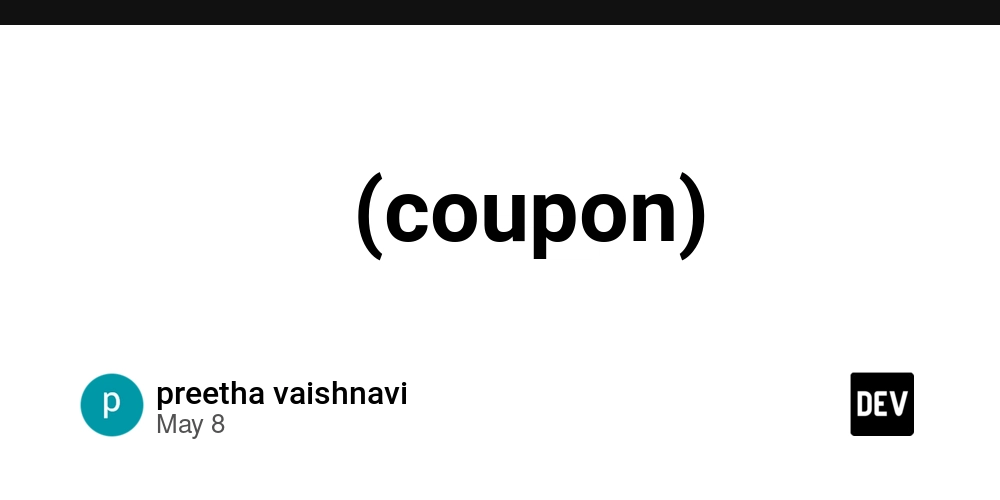
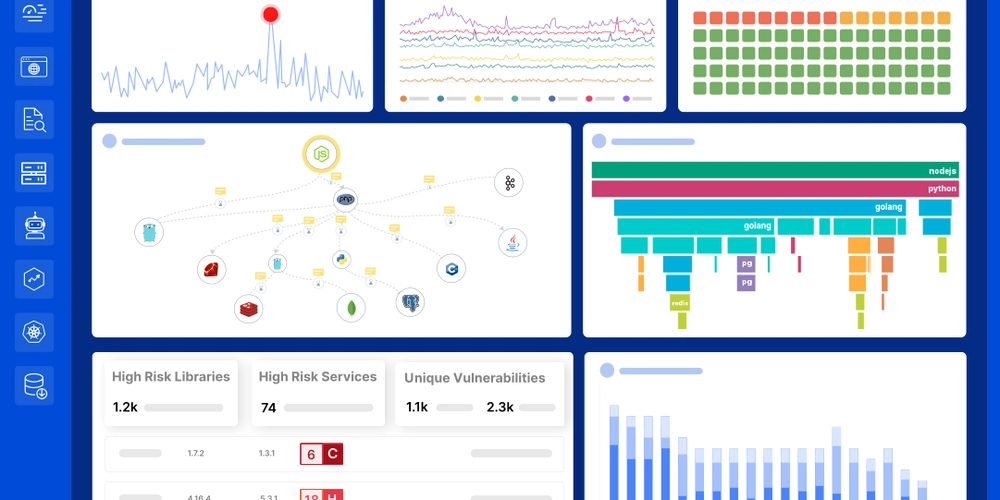













![[DEALS] The Premium Python Programming PCEP Certification Prep Bundle (67% off) & Other Deals Up To 98% Off – Offers End Soon!](https://www.javacodegeeks.com/wp-content/uploads/2012/12/jcg-logo.jpg)














































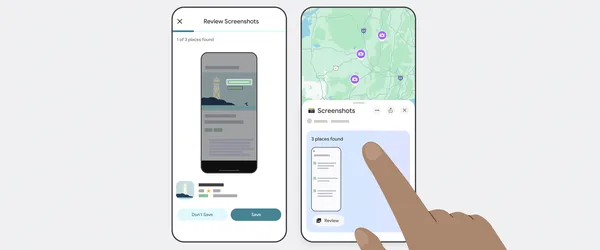





















































































































































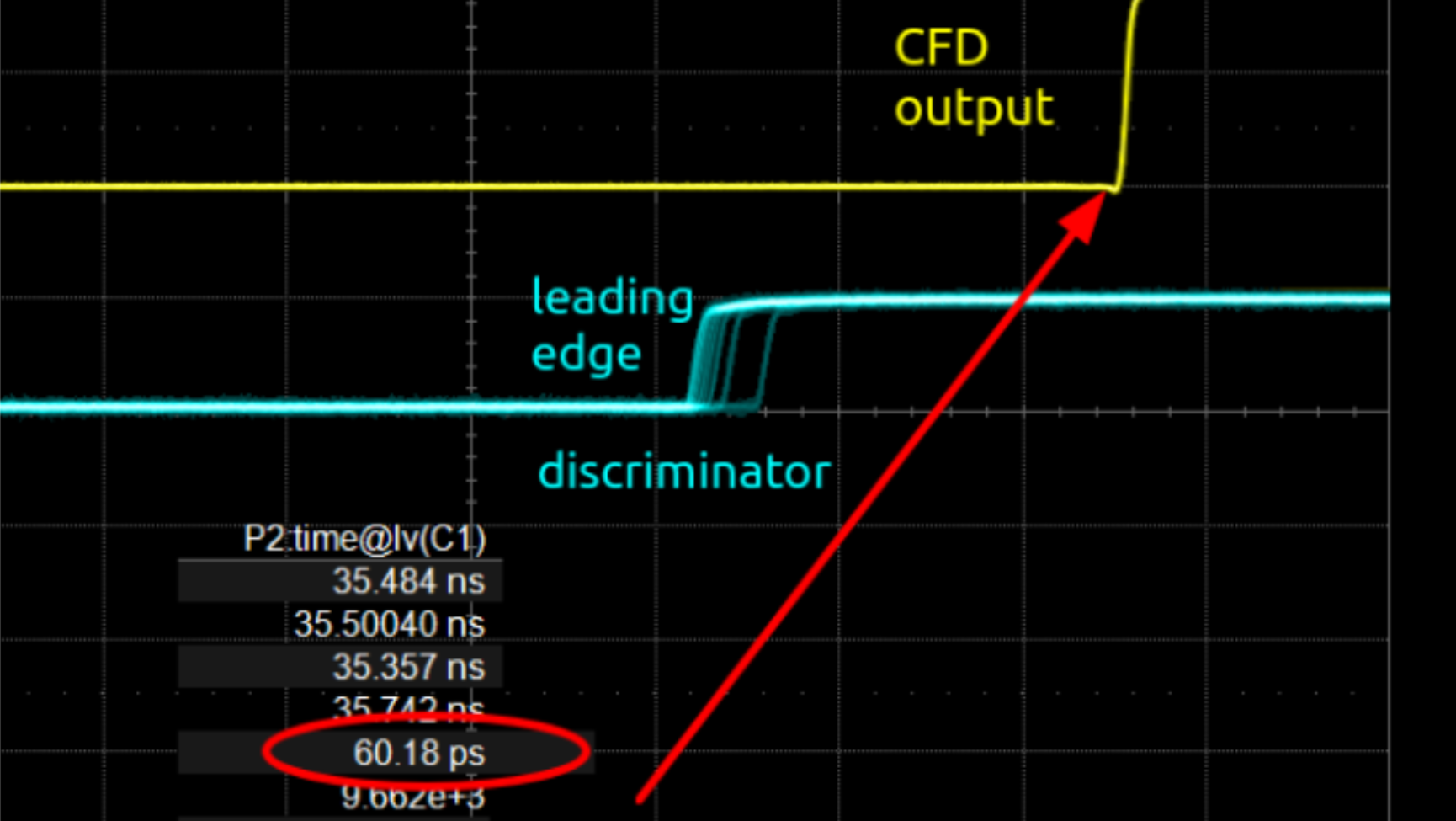



















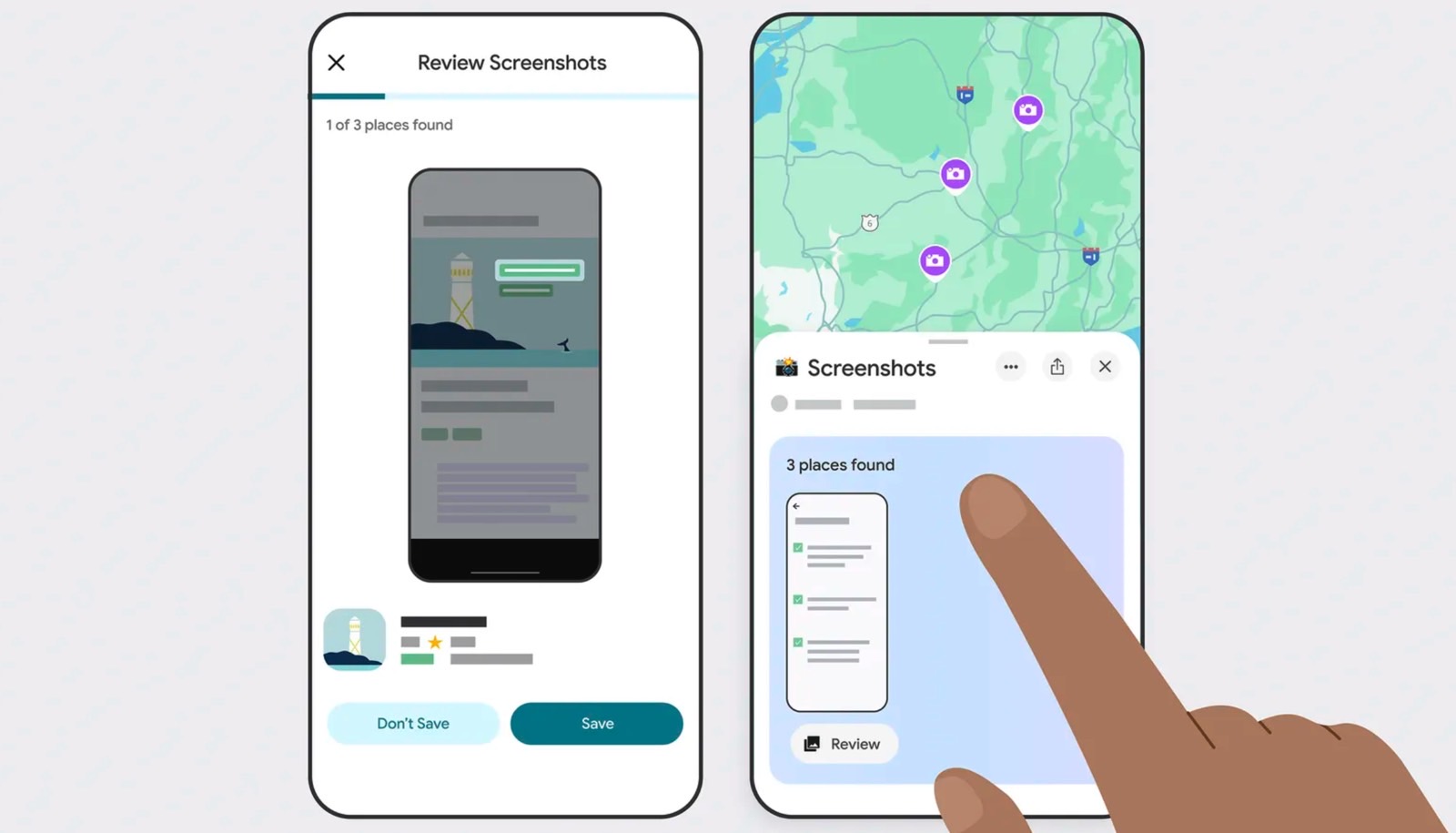







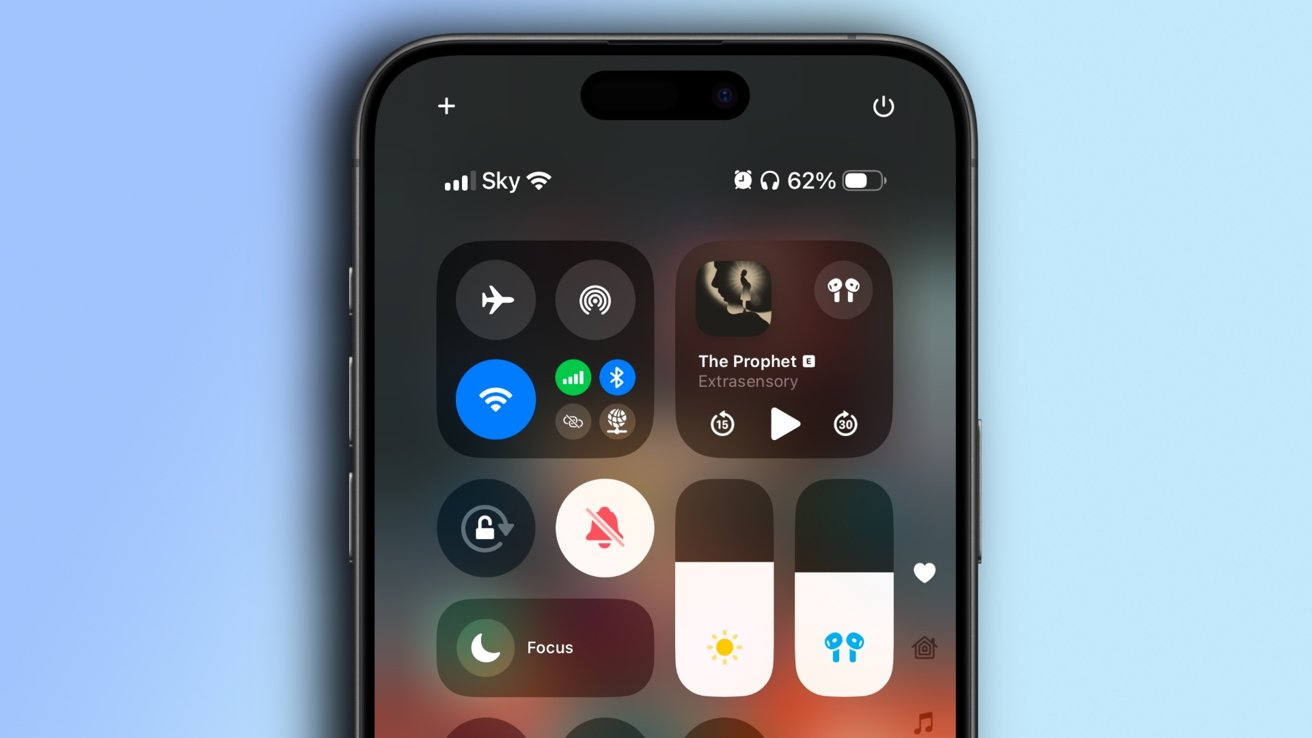















![Honor 400 series officially launching on May 22 as design is revealed [Video]](https://i0.wp.com/9to5google.com/wp-content/uploads/sites/4/2025/05/honor-400-series-announcement-1.png?resize=1200%2C628&quality=82&strip=all&ssl=1)














![Beats Studio Pro Wireless Headphones Now Just $169.95 - Save 51%! [Deal]](https://www.iclarified.com/images/news/97258/97258/97258-640.jpg)




























